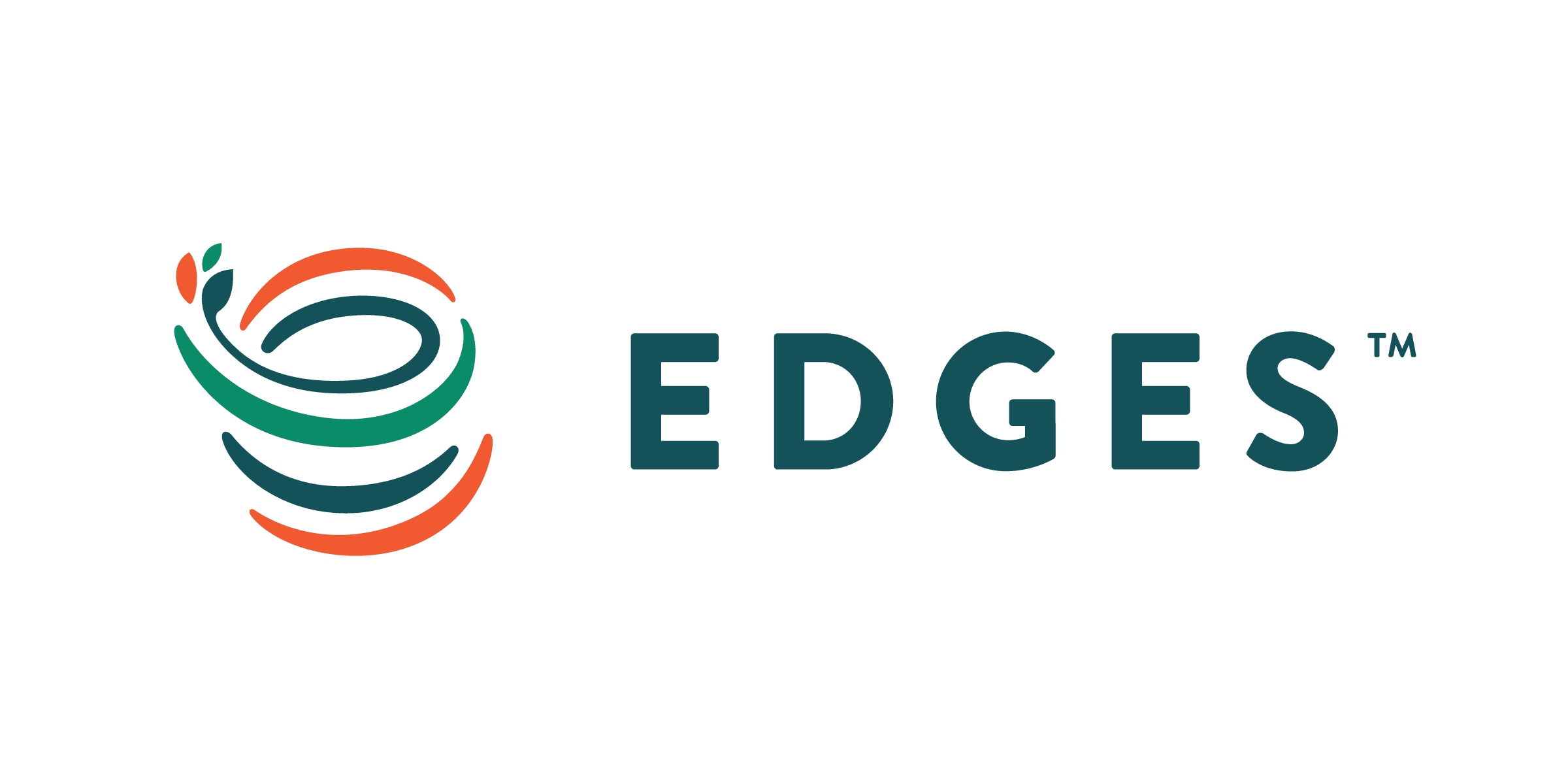Team Connectivity Makes Work Enjoyable and Productive
People have a basic need for belonging and connection. Healthy interpersonal relationships impact our health and overall well-being. This is true in the workplace as well. Employees want and need to build relationships at work. Employee engagement and performance can soar when personal connections have been made. Team connectivity is essential to embrace change, foster creativity, and maintain innovation. A recent report about the state of workplace connectivity found that nearly 80% of employees want to work at an organization where they feel connected to the purpose and the people. And 85% of HR professionals agree that employee connection is a critical part of their overall success as an organization.
Most people spend about one-third of their lives at work, so building strong relationships with colleagues can make working more enjoyable and productive. It is important for organizations to find ways to ensure their work cultures create and nurture connectivity among their employees. Let’s take a look at the impact of quality workplace relationships and learn how we can measure them in order to build upon these important connections.
What is a positive workplace relationship?
Strong work relationships can help careers develop and open up opportunities for growth. They allow you to focus your energy on your work. Let’s start by defining a good relationship in an organization. There are 5 important characteristics of a good work relationship.
- Self-awareness is a key component to creating and maintaining connections at work. Individuals must take responsibility for their own words and actions, and not let their own negative emotions impact the people around them.
- All good relationships depend on open communication. Whether you are sending emails, on a video call, or talking face to face, open and honest communication is critical. The more effective your communication is, the better you’ll connect.
- Trust is another important value in the workplace. When team members are open and honest in their thoughts and actions, employees feel valued and work is more productive.
- Accept any and all diverse people and opinions. It is crucial to value the insights and perspectives of all colleagues, especially the ones that have differing opinions from your own.
- Mutual respect among the staff allows productivity and problem-solving to take place based on insight, wisdom, and creativity.

What are the benefits of connectivity and good relationships in the workplace?
Collaboration: Having teammates that feel mutual respect for one another can motivate each other to perform to the best of their abilities. They are able to communicate well and perform various tasks more efficiently. The better employees know each other, the more likely they are to work well together. Everyone is clear on their role and the expectations of the task when working together.
Productivity: Overall organizational and individual productivity will improve when colleagues maintain good relationships. People that enjoy working with each other tend to work harder. They enjoy their job and happy employees are naturally more productive. When feeling connected to their workplace, employees want to work hard and help grow personally as well as help grow the organization. According to a finding by Gallup, highly engaged teams show 21% greater profitability. The report showed employee engagement consists of concrete behavior, not an abstract feelings. The report finds that the most successful organizations make employee engagement central to their business strategy.
Positive employee morale: The development of good relationships with the people you spend hours with every day can improve morale. Coworkers that are friendly with one another can look forward to spending time together while doing their jobs. This has a positive effect on an individual’s professional output, which ultimately has a positive effect on the organization.
Employee retention: Connectivity in the workplace leads to employee satisfaction. When they feel connected to a company, and the people that they work with, they are less likely to leave and seek employment elsewhere. Co-workers become accustomed to the professional styles and attitudes of their team and may even consider them to be like family. Friendships take time to build so the prospect of having to start over will entice many employees to stay right where they are.
Mentoring: When there are both senior and junior members in an organization, positive relationships can lead to mentoring and the transfer of skills between the more experienced workers to the less experienced ones. This ultimately benefits the workers and the organization.
The overall health and well-being of the entire organization can improve when the fostering and maintenance of good relationships are a priority. Let’s look at how organizations can measure the impact of these relationships. Data matters in all aspects of an organization, including connectivity.
How can we measure the connectivity in our organization in order to strengthen the relationships between co-workers?
When examining engagement and performance in an organization, relationships are an important factor. Data can help tell a story – but you can’t just look at a score and see if things are improving, maintaining, or declining. Data measures must be used so that you can dig into the why and how. The why and how are important in determining what you should do to improve. But how do you measure and improve relationships in your organization? You need the right tools and approach.
Edges™ works with organizations to establish connectivity with your entire team by learning about each other and developing techniques for problem-solving and collaboration. Their coaching services build communication skills, increase retention, build more collaborative solutions, improve services, and enhance sales.
The Inter Face Methods Team eXcelerator™ (IFMTe) is designed to complement the other tools your organization may already be using to build on your efforts, provide continuity and enable teams to achieve a higher level of performance. The IFMTe is designed to build individual influence abilities, and also to enable solid team optimization through the understanding of behavior and the development of solid strategies to adapt, relate, and connect with each other.
The tool provides behavioral feedback to participants in 3 areas that, when they are different, create judgment.
•The level of detail we need
•Whether we process our ideas externally or internally
•How directly do we choose to influence
The participant learns about their preferred method, how to spot the method preferred by someone with whom they are working, and how to adapt. Most importantly, they learn the skills to put aside judgment and embrace the difference through awareness, empathy, and connectivity, laying a powerful groundwork for inclusion and good relationships in the workplace.
The IFMTe emphasizes adaptation rather than only individual understanding. The behavioral focus enables participants to learn how to adapt to one another, developing individual influence, and allowing for better team collaboration and productivity.
EDGES™ has 21 years of experience growing companies in partnership with the organization’s leadership team members by building on their strengths and maximizing their potential. For more information, check out their website at https://interfacemethods.com/.

